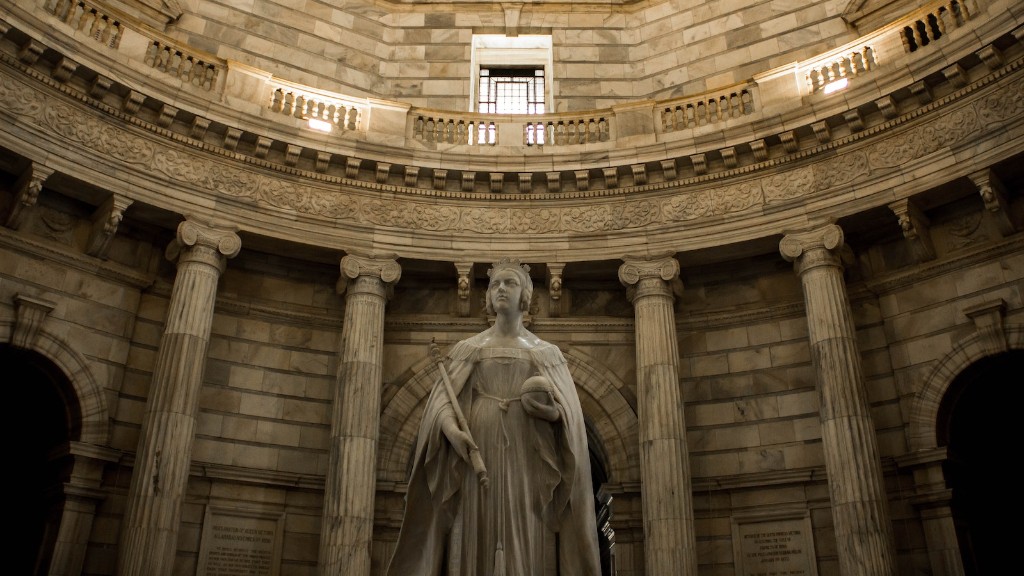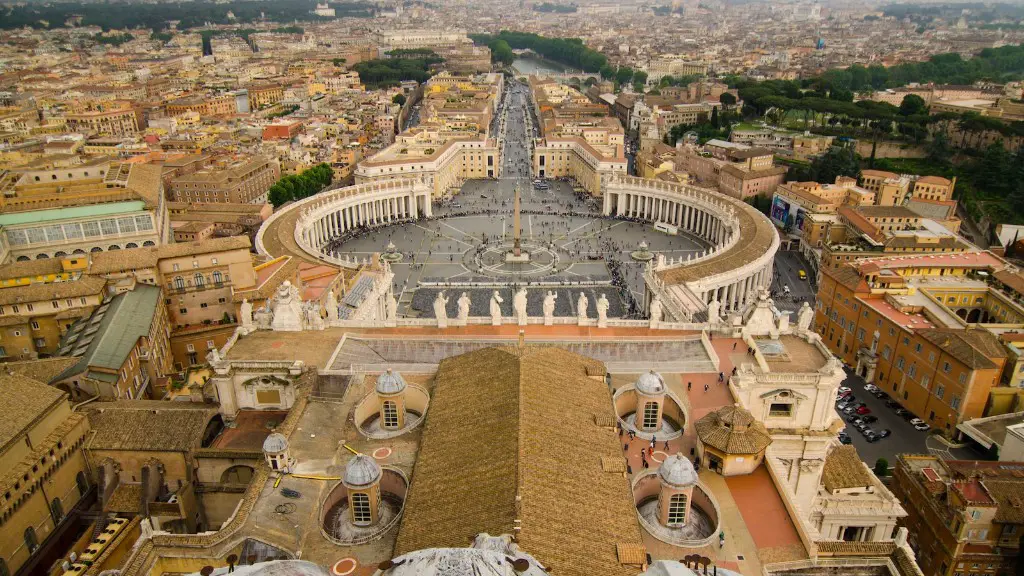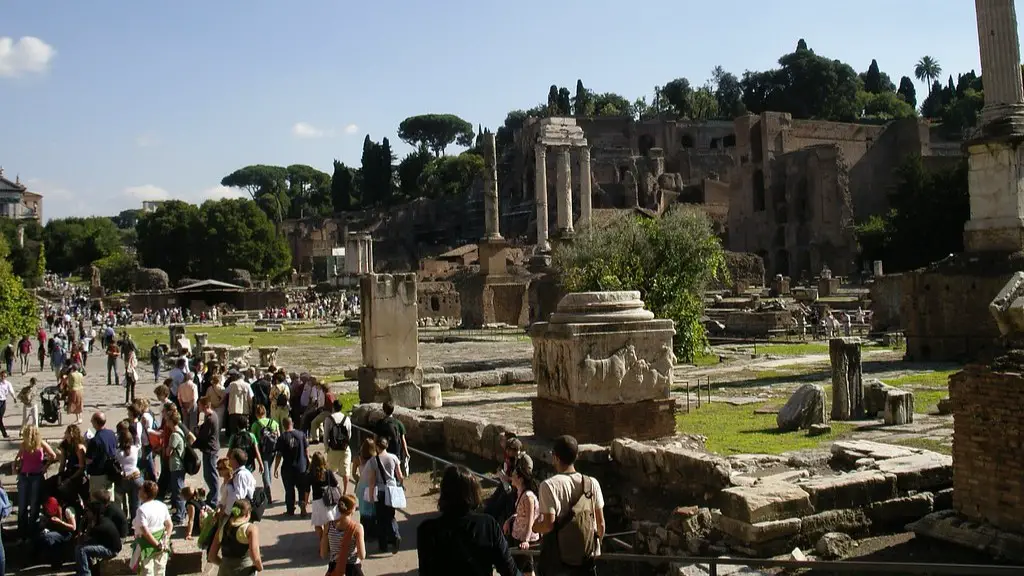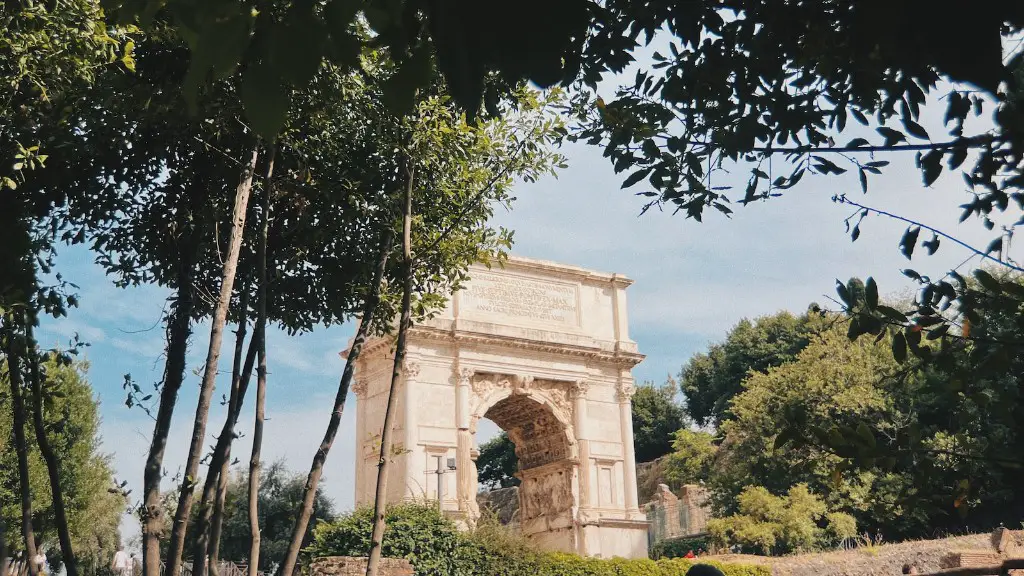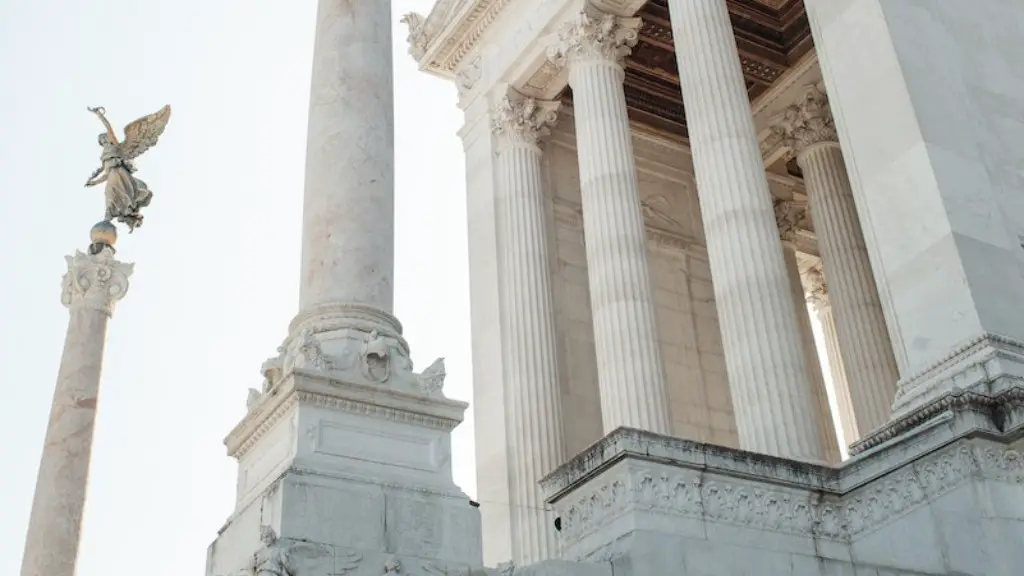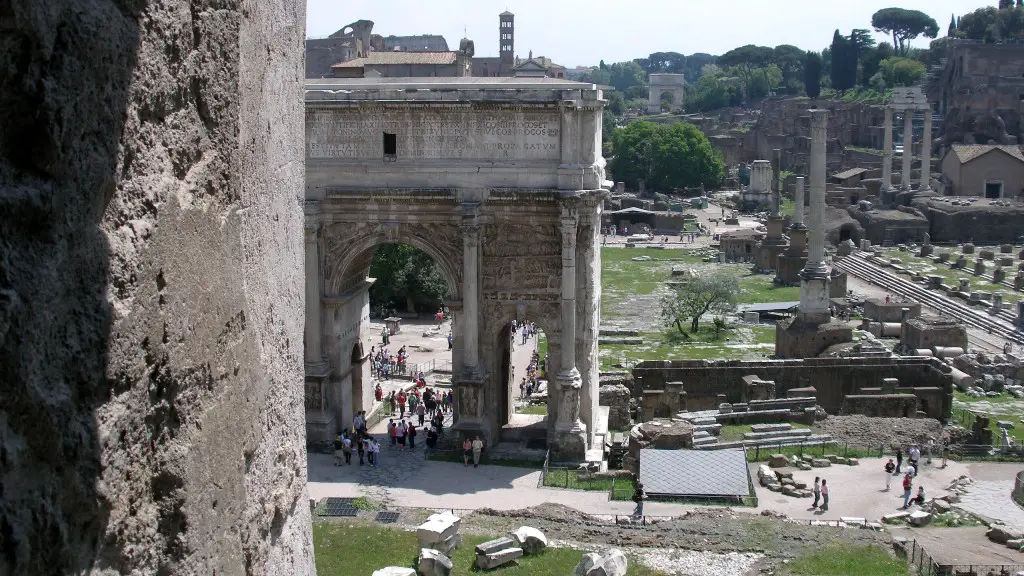Why Was Ancient Rome A Republic
Ancient Rome stands as the cradle of Western civilization and its political system. The Roman Republic was one of the most influential democracies of the ancient world and its legacy continues to shape the modern world. From its beginning as a small, unified city-state, Rome rose to become one of the most powerful empires in the world and eventually dissolved into separate states. To understand why Rome became a republic, it is important to study its history, its people, and its culture.
Ancient Rome was a monarchy until the 6th century BCE, when a dictatorship, or “tyranny,” was established by Lucius Tarquinius Superbus, the last King of Rome. The Roman people, however, had grown weary of being ruled by a single, powerful leader and desired a form of government that would grant them greater autonomy. This led to a series of reforms and eventually to the establishment of the Roman Republic in 509 BCE.
The Roman Republic was an innovative form of government that reflected the beliefs and principles of the Roman people. It was based on the principle of rule by the people, with the Senate, the representative body of the people, acting as the governing body. The House of Representatives, the popular assembly, had the power to pass laws, and the Roman magistrates, elected by the people, had the power to enforce the laws. This system of government gave the Roman people a voice in their government and a sense of autonomy.
The Roman Republic was, in addition to its political innovation, a cornerstone of Roman culture. Rome’s rich cultural legacy included advancements in law, language, literature, architecture, education, and engineering. This cultural legacy was made possible by the Roman Republic’s political structure, which granted freedom of expression to the people and encouraged creative and intellectual endeavors.
The Roman Republic was not a perfect form of government. It was slow to react to the changing times, and it was prone to corrupt leaders, who often abused their power and privileges. It was only with the eventual downfall of the Roman Republic in the 1st century BCE that the way was paved for the establishment of the Roman Empire, with the Emperor acting as its absolute ruler.
In spite of its shortcomings, the Roman Republic was an influential form of government that shaped the modern world. Its legacy of civil liberties, religious freedom, and citizen autonomy is still felt today. It is for this reason that we continue to look to Ancient Rome as a source of inspiration and a model for a successful democracy.
Support For The Roman Republic
The Roman Republic was successful in part due to the range of support it received from its people and from the social, political and economic powers of the time. The wealthy and influential families of Rome – known as the patricians – wielded tremendous power and resources which they used to fund the republic and maintain their political influence. In addition, the Roman Republic earned the loyalty of the people by offering them a voice in their government and protection of their rights.
The Roman Republic also benefited from its strategic alliances with other major powers of the day, such as the Etruscans and the Greeks. These alliances provided Rome with a military and economic advantage, allowing it to expand its power and influence in the Mediterranean region.
In addition, Rome was able to unify the people by implementing a common language and a shared system of laws. This provided a basic level of trust and agreement among the citizens and allowed the people to work together towards the common goal of ensuring the success of the republic.
Influence Of Roman Law
Roman law was one of the most influential aspects of the Roman Republic. Roman law was based on principles of justice, fairness, and equality, and it served to protect the rights of its citizens. Roman law served as the basis for many of today’s legal systems, such as the laws of the US and the EU.
Roman law was also the basis for much of the early Christian Church’s doctrine, as well as for the legal systems of many other European nations. Roman law provided the foundation for the development of civil law and made it possible for nations to maintain a common legal system and protect the rights of its citizens.
The Romans were also known for their innovative legal systems. They developed a concept of precedent and a system of appeal that influenced the legal systems of many other countries in Europe. The Roman Republic was also the first government to codify its laws and make them publicly available, a practice that was eventually adopted by many other governments around the world.
Access To Education
Education was one of the most important aspects of the Roman Republic. Public schools were established and Latin and Greek, the two major languages of the Republic, were taught to the citizens. This enabled citizens to participate in political and social life, as well as to understand the laws of the Republic.
Rome also contributed to the advancement of science and medicine. Hospital wards were set up in public hospitals and medical schools were established to train students on the latest medical techniques. Laws protecting the advancement of science and the practice of medicine were also enacted by the Roman Republic, which encouraged the development of new knowledge and scientific progress.
The Romans also believed that a well-rounded education was essential for a successful life. The Republic placed a heavy emphasis on the study of literature, philosophy, and the humanities, in addition to practical studies such as mathematics and science. This broad education enabled the citizens to participate in public debates and to understand the laws and policies of the Republic.
Roman Republicanism
Roman Republicanism is the idea that the government should not act on behalf of the people, but should instead be of the people, by the people, and for the people. This idea of democratic rule was embraced by the Roman Republic and has served as a model for many of the world’s modern democracies.
The Roman Republic also embraced a range of freedoms that were unprecedented for its time, such as freedom of speech, assembly and religion. These freedoms enabled the citizens to express their opinions, form opinions, and participate in public life. This all led to a strong sense of civic responsibility and participation that has become a cornerstone of modern democracies.
The Roman Republic was also the first government in history to grant its citizens the right to vote, allowing them to influence the decisions of their government. This form of representative government is often credited with the success of the Roman Republic, as it allowed its citizens to have a direct say in the decisions of the government.
Legacy Of The Roman Republic
The legacy of the Roman Republic has had a lasting impact on the world we live in today. The principles of rule by the people, the belief in equality and justice, and the idea of representative government continue to shape our democracies today.
In addition, the Roman Republic’s legal system has had an enduring influence on many of the world’s legal systems. Its innovations in law, such as the concept of precedent, are still in use today. The advances in science and education made possible by the republic’s commitment to learning have also had a lasting impact on our modern world.
These principles and advances are still present in the West today and will continue to shape our democracies and our societies in the years to come. The legacy of the Roman Republic is an enduring one that is sure to live on for centuries to come.
